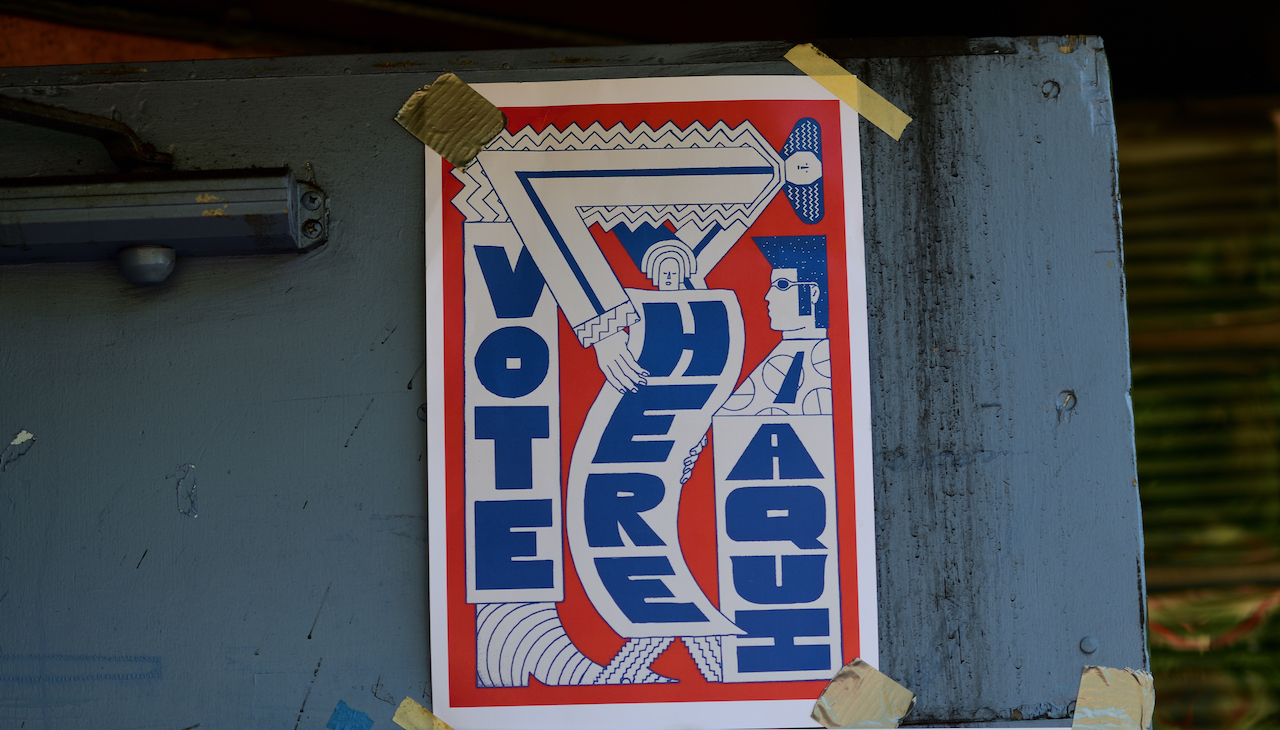
A new era of voting in PA? What does it mean for Latinos?
State lawmakers are considering legislation that would allow independents to vote in PA primary elections.
Pennsylvania is one of nine U.S. states with closed primaries, meaning that in order to vote for candidates to contest in the general election, voters must register with a political party beforehand.
As a result, voting rights advocates say that around one third of Pennsylvania’s electorate, approximately 1.3 million voters, are disenfranchised during the state’s primary elections.
That could change, as PA state legislators are considering two bills that would allow independent voters to choose one of the two major party’s primaries to participate in.
They’re bills that have garnered bipartisan support in past legislative sessions, but never garnered enough momentum to move through both state chambers. Before the current effort, the furthest a bill got was in 2019, when the state senate voted overwhelmingly (42-8) in favor to pass the bill only to never see it introduced in the state house.
One of the two bills, House Bill 1369, introduced by Republican Rep. Chris Quinn, is colloquially called the Open Primaries Bill, and would open the state’s closed primaries to independent voters.
Bipartisan support
As a sign of the bill’s growing popularity and political importance, the Pennsylvania House Committee on State Government recently convened a hearing on Tuesday, Aug. 16 at Villanova to hear from those in support and opposed to the potentially transformational bill.
“I want all Pennsylvanians to have a role in our democracy and play a part in our primary elections,” said Quinn to open the hearing. “As Pennsylvania becomes more and more politically polarized, partisanship has become more relevant than ever in our politics.”
As a result, he said that primaries more than ever are the races that determine who represents communities at the local, state and national levels.
In Pennsylvania, that can be seen in Philadelphia, where the City Council would be entirely Democratic if not for the city charter guaranteeing seats for minority parties and state public officials often run unopposed in the general election. The same can be said for state rep or senator positions in heavy red parts of the state where there is rarely a Democratic challenger.
John Opdycke, the president of Open Primaries, a national organization that works towards getting open primaries in every U.S. state, also brought up the importance of primary turnout to who eventually comes out to vote in the general election.
In the points he made as the first speaker at the hearing, Opdycke cited a 2021 USC study that found that closed primaries not only decrease turnout in the primary elections, but also do the same for the general election.
RELATED CONTENT
Across the board, participation was down in closed primary states by 20% on average.
“Voters who are not communicated with during the primary season have less incentive, less knowledge to turnout in the general election,” Opdycke said of the research.
How does it impact Latinos?
In a virtual discussion of the study led by Opdycke in April 2022, chief researcher and doctoral candidate Raquel Centeno also said that voting was a habitual exercise.
“If you vote one time, you’re more likely to vote again,” she said. “So if you don’t vote in the primary election, you’re much less likely to vote in the general election.”
On the whole, her study took a deeper look at how closed primaries hinder specifically Latino and Asian voters. Both demographic groups were chosen because, as Pew research shows, both voting groups contain the highest percentage of independent voters.
For Latinos, 37% are independent for the second-highest percentage.
Centeno said that these marginalized groups are already subject to poor outreach and communication from political campaigns and the closed-primary structure only amplifies the disconnect.
Pennsylvania is no different, but that could change with some bureaucracy out of the way.











LEAVE A COMMENT: